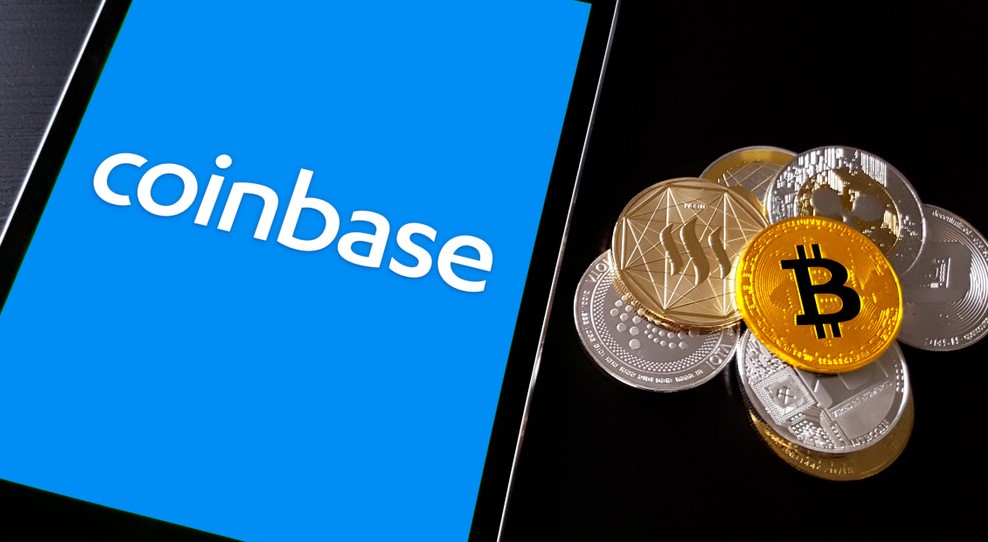I mentioned a few days ago that I made my first bitcoin trade via my PayPal account.
Well, that was only the beginning. I ventured deeper down the crypto rabbit hole and tinkered with some of the more exotic coins. This is still just play money for me. I’m only kicking the tires. But all the same, this meant opening an account on the largest and most popular cryptocurrency broker, Coinbase.
Coinbase does not refer to itself as a “broker.” It uses the terms “platform” or “exchange” to describe its business. But I’d argue that broker is the right word. And Coinbase, unlike most stockbrokers these days, charges commissions for its services. It’s a straightforward and honest business model.
Let’s take a harder look at the leading player in the crypto space as it gears up for its IPO:
Coinbase S1 notes:
• $3.4 billion in total revenue until 2020
• largely from transaction fees (96% of net revenue)
• net income of $322.3 million in 2020, net loss of $30.4 million in 2019
• 43M verified users
• 2.8 monthly transacting users— Larry Cermak (@lawmaster) February 25, 2021
A Vintage Business Model
The crypto craze has been good for Coinbase. It did $1.3 billion in revenue last year, more than double the $533 million it did in 2019. And it earned a respectable $322 million in profit last year after posting losses in 2019.
But let’s get back to Coinbase charging fees for its services. Almost all of its revenues are from brokerage fees. That’s a novel idea these days. Today’s stockbrokers give away brokerages for free but make money by selling your order flow to hedge funds, lending your shares to short sellers or taking a cut of the interest earned on your idle cash balance.
Now, you tell me: What sounds like a more sustainable business model?
- Charging clients a commission for the service provided.
Or:
- Selling your client’s information to bigger investors and hoping the SEC continues to bless that arrangement.
- Lending to short sellers … the same people who got obliterated in the GameStop affair and aren’t likely to short again anytime soon.
- Taking a cut of interest earned … when interest rates are still tethered to zero.
The Coinbase IPO Won’t Be Free of Risk
Coinbase isn’t without risks, and I wouldn’t run out and buy shares as soon as they go public. I know I’ll need a lot more information before I consider buying shares.
Coinbase’s fate is inextricably tied to Bitcoin and to cryptocurrencies in general. If investors lose interest in cryptocurrencies, then Coinbase’s business is gone. And while Coinbase is the biggest player in this space, more competitors arrive every day.
PayPal, Square and Robinhood all offer trading of at least a handful of the most popular cryptocurrencies, and BNY Mellon announced it would offer crypto custody for its clients. It may be just a matter of time before more big Wall Street banks follow suit.
But then, there is also this scenario:
It’s the year 2032. GameStop is pumped for the 74th time. Coinbase has become the largest publicly traded company on earth. A CryptoPunk sells for $2.1B and Charlie Munger turns 108.
— Douglas A. Boneparth (@dougboneparth) February 25, 2021
In the immediate short-term, the Coinbase IPO will live or die based on crypto prices. If Bitcoin and other cryptos catch a bid here and enjoy another run-up, Coinbase should do well. If cryptos fall into a proper bear market, steer clear of the Coinbase IPO.
Over the longer term, I could see Coinbase merging with a traditional stockbroker or being acquired by one.
The biggest single reason I didn’t dabble in bitcoin earlier is that I didn’t want to open yet another investment account with yet another broker. There is a lot to be said for having all of your investments under one roof, and Coinbase will figure that out in due time.
To safe profits,

Charles Sizemore is the editor of Green Zone Fortunes and specializes in income and retirement topics. Charles is a regular on The Bull & The Bear podcast. He is also a frequent guest on CNBC, Bloomberg and Fox Business.





